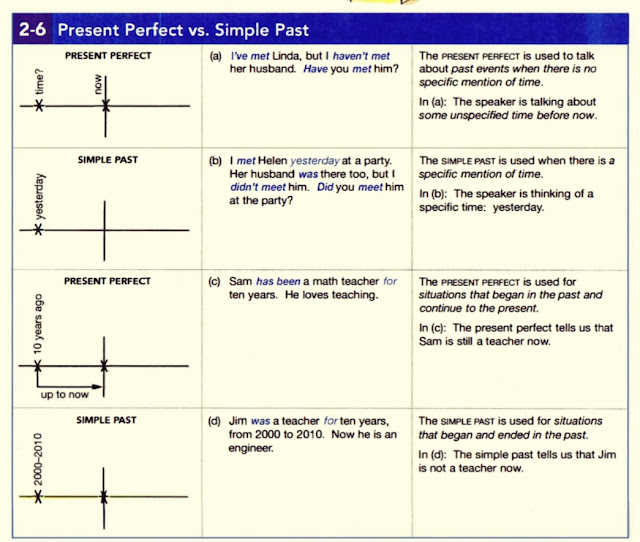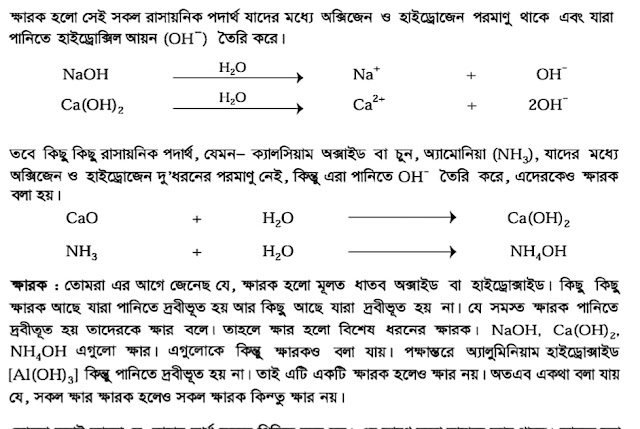Blank Verse |Literary Terms |Blank Verse Examples | Blank Verse Poem
Blank Verse |Literary Terms |Blank Verse Examples | Blank Verse Poem
Blank Verse |Literary Terms |
Lambic pentameter verse lines without rhyme at the end. An iambic pentameter line is a verse line of 5 iambic feet.In blank verse, the last word of a line doesn't rhyme with the last word of any of the successive lines.
Add this under the above line"Thy sweet converse and love so dearly join'd,
To live again in these wild woods forlorn?
Should God create another Eve,and I
Another rib afford,yet loss of thee
Would never from my heart;no,no,I feel
The link of nature draw me;flesh of flesh,
Bone of my bone thout art,and from thy state
Mine never shall be parted,bliss or woe."
........(Milton: Paradise Lost,Book IX)
All these lines,like the scanned one,are in iambic pentameter and none of the last words of these lines rhyme with any other end-word.
|Blank Verse Examples | Blank Verse Poem|
Was this the face that launch'd a thousand ships,
And burnt the topless towers of IIeum?
Sweet Helen ,make me immortal with a kiss,
Her lips suck forth my soul:see where it flies!
...(Marlowe: Doctor Faustus,Act V,Scene I)
These mighty lines are written in iambic pentameter without end-rhyme.
It little profits that an idle king,
By this still hearth, among these barren crags,
Match'd with an aged wife,I mete and dole
Unequal laws unto a savage race,
That hoard,and sleep,and feed,and know not me.
......... (Tennyson:"Ulysses")
Poets and dramatists use blank verse to avoid the monotony of traditional rhyme schemes, to use a wide variety of differing tones, to add elegance and to match the heroic or elevated voice.




Comments
Post a Comment